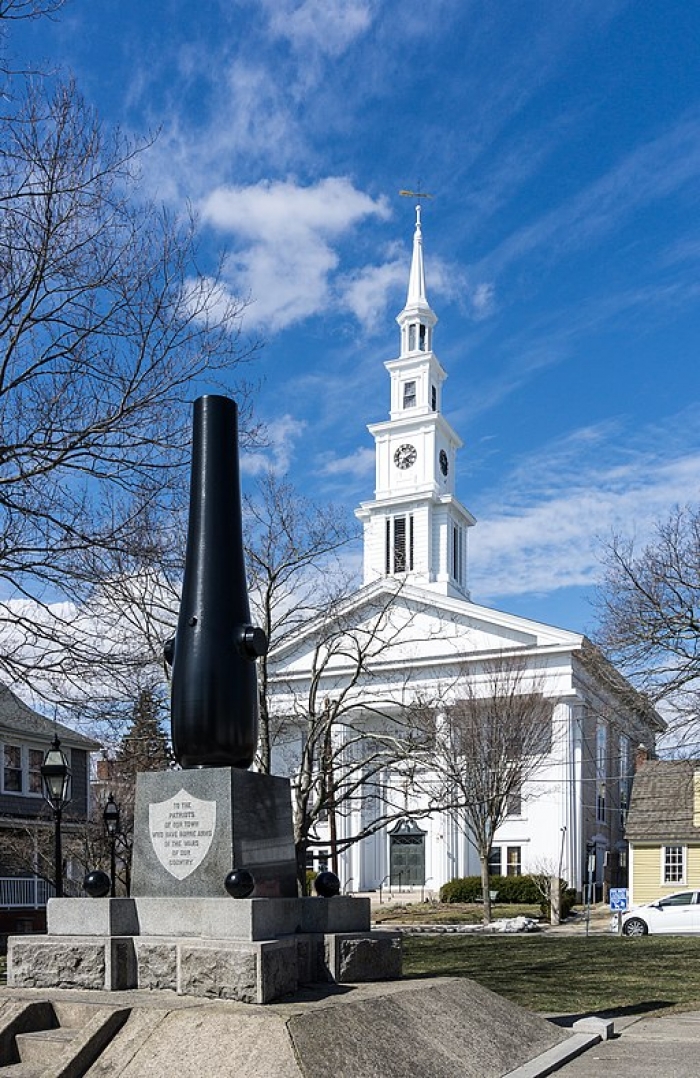Although church and state institutions operate separately under the First Amendment, there are times when governments must intervene to deal with internal church matters. In such cases, the courts seek to work within the particular form of church governance of the denominational group in question rather than delving into theological issues or attempting to ascertain the sincerity or rationality of beliefs of the parties.
Protestant denominations split prior to Civil War
Prior to the U.S. Civil War, a number of prominent Protestant American denominations, including the Methodist Episcopal Church, split into northern and southern divisions over the issue of slavery, with northerners becoming increasingly reluctant to sponsor pastors who held slaves and southerners insisting that they had a moral and legal right to do so.
After split, southern Methodist church filed suit for share of funds
After the Methodist Church split as authorized by its General Conference, which was held in New York in 1844, Smith and other representatives of the Methodist Episcopal Church South instituted a class action suit to get a pro rata share of the funds held in the Book Concern fund, administered by Swormstedt and other members of the Methodist Episcopal Church in the North. This money, which had been generated by the sale of Christian books, had been designated for the families of “supernumerary and worn out preachers, and the widows and orphans of preachers.”
Court allowed southern Methodist church to take its share of funds
Although some members of the northern denomination questioned the right of the southern denomination to its share of the funds on the basis that it differed from the more general denominations from which it had split, Justice Samuel Nelson observed that the same argument would also deny use of funds for northern ministers, whose denomination also now differed from the original. He further noted that the denomination had previously allowed Methodists in Canada to separate.
Under the circumstances, the only way that the southern branch of the denomination could lose its interest would be to do so voluntarily, which it had not done. The Court therefore ordered that the fund be split according to the percentage of traveling pastors within each of the two divisions.
John Vile is a professor of political science and dean of the Honors College at Middle Tennessee State University. He is co-editor of the Encyclopedia of the First Amendment. This article was originally published in 2019.

